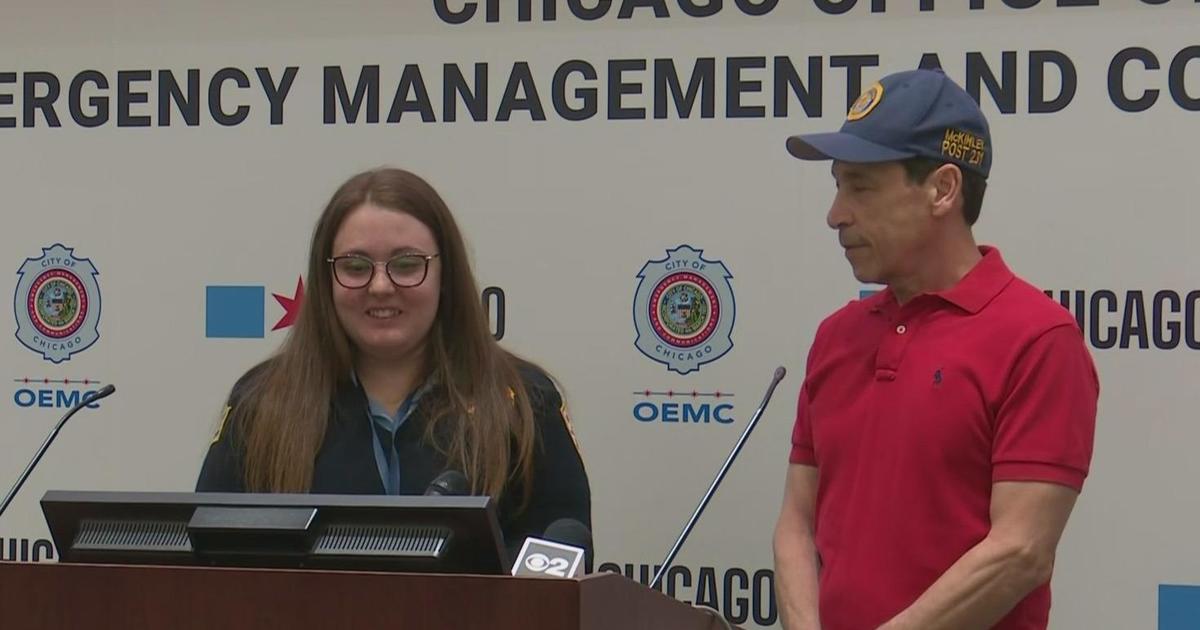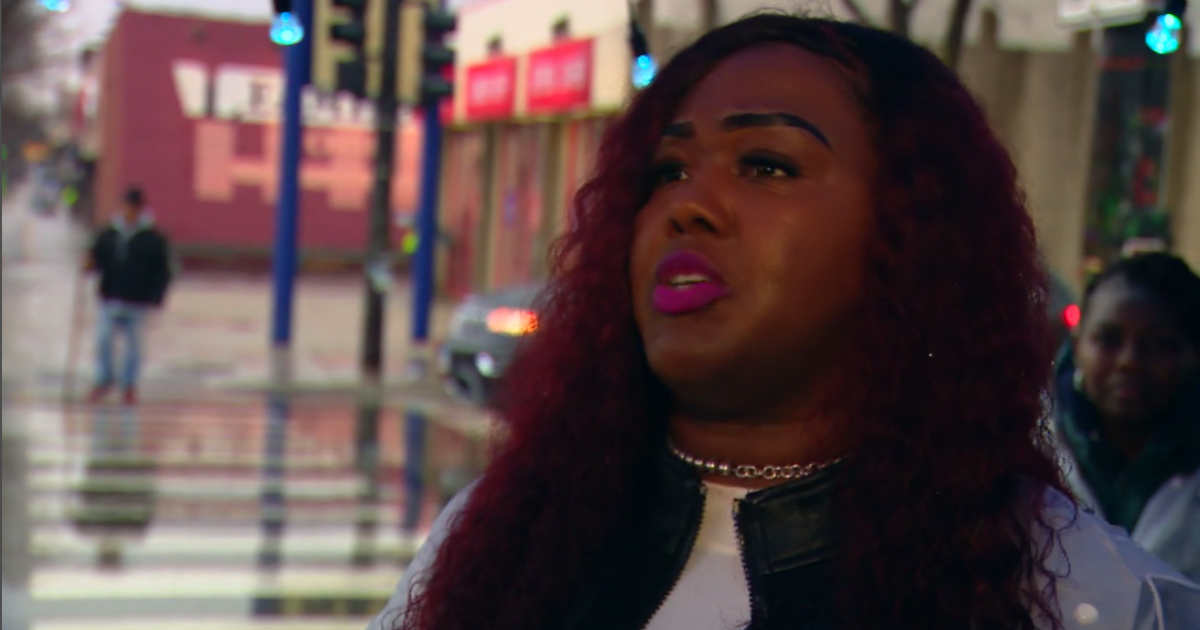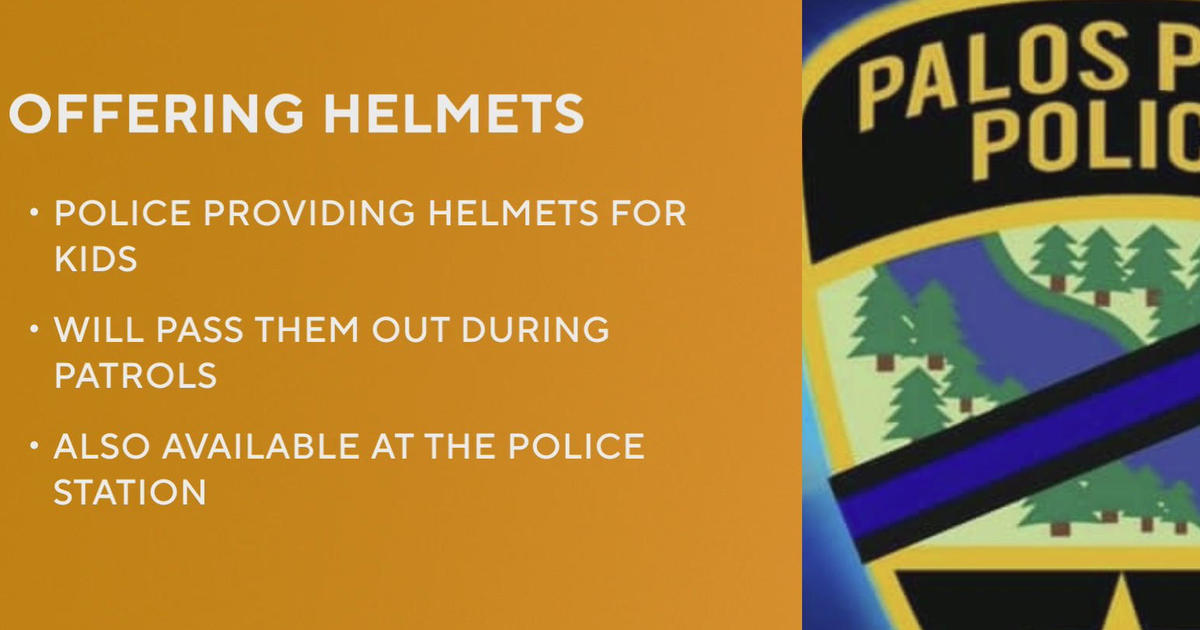Lying: We All Do It, But Why?
(CBS) -- Call it a lie, a fib, or just stretching the truth.
We all do it. But why do we lie? And is there a way to tell when someone is lying to you?
CBS 2's Chris Martinez reports.
"We all do it, but we don't talk about doing it," says DePaul University communications Prof. Tim Cole.
"People lie every day," agrees certified forensic interviewer John Millner, the former police chief of Elmhurst.
Sometimes it's obvious. More often, it's not. That's why film producer JoAnn Fakhouri watches body language -- to look for lies while at work and play.
"The way they're standing, or, if they're nervous, if their hands are fidgety and their talking, or their eyes are shifting left and right," she says.
But it turns out that doesn't really work.
"There's no way that any one person can tell with 100-degree, 100-percent accuracy whether or not you're telling the truth," Millner says.
He says, however, everybody has a "tell." It's usually a physical shift that might reveal deception.
"If I see you deviate from that norm again and again and again, I know you're probably not telling me the whole truth," Millner says.
The problem is, everyone is different. It might be how they move their eyes or how fast they breathe. Even if you can spot it or see it change, it's still not a guarantee they're lying.
"The closer you are to somebody, the harder it is to detect truth or deception, because you're too close to them and you'll filter out the information they're giving you," Millner says.
Cole, who teaches a college course in deception, says the reasons we withhold the truth are endless.
"Am I going to disappoint you? Am I going to be punished? Is this going to damage our relationship?" he says.
His advice: Be more concerned with what triggers a lie than the lie itself.
"People are going to lie to you, you can't stop that. The question is, what was their intent? Was their intent to protect you, or was it to protect themselves? And so you really have to ask yourself what's in your best interest. Sometimes it is in your best interest to overlook other people's deception."
There are a number of studies that have tried to nail down, how many lies we tell every day. The consensus: We lie on average at least twice a day, sometimes as often as once in every three conversations.



